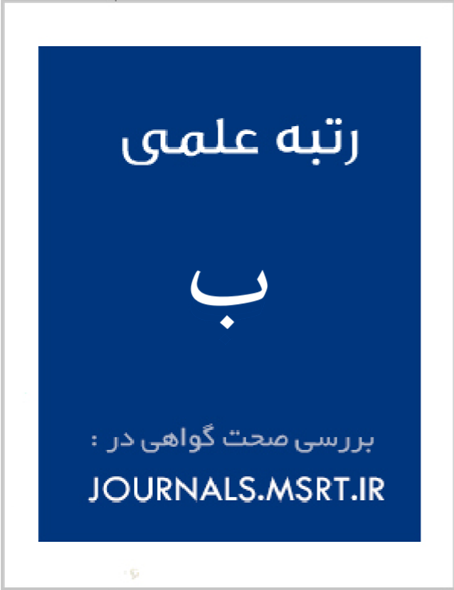تحلیل تجربی باورهای اخلاقی دانشآموختگان حوزوی درباره نقش عرف در شریعت
کلمات کلیدی:
عرف, شریعت, دانشآموختگان حوزوی, اخلاق اسلامی, اجتهاد, فقه تطبیقیچکیده
هدف پژوهش حاضر، تحلیل تجربی باورهای اخلاقی دانشآموختگان حوزوی درباره نقش عرف در فرآیند استنباط احکام شریعت و تبیین فرصتها و چالشهای اخلاقی ناشی از تعامل عرف و شریعت است. این مطالعه با رویکرد کیفی و بهرهگیری از مصاحبههای نیمهساختاریافته انجام شد. جامعه پژوهش شامل ۱۸ نفر از دانشآموختگان حوزوی ساکن تهران بود که به صورت هدفمند انتخاب شدند. جمعآوری دادهها تا اشباع نظری ادامه یافت و برای تحلیل دادهها از روش کدگذاری سهمرحلهای و نرمافزار NVivo استفاده شد. یافتهها نشان داد که دانشآموختگان حوزوی عرف را ابزاری تکمیلی و تسهیلگر برای اجتهاد و پاسخگویی به مسائل نوپدید میدانند، مشروط به اینکه با اصول شریعت و اخلاق دینی در تعارض نباشد. عرف در حوزههایی چون معاملات، روابط خانوادگی و قراردادهای اجتماعی نقش کلیدی ایفا میکند. از نظر اخلاقی، عرف میتواند منجر به تقویت عدالت اجتماعی و کرامت انسانی شود؛ با این حال، چالشهایی نظیر تشتت آرا، عرف ناسالم و تعارض با نصوص دینی نیز مطرح است. نتایج پژوهش بیانگر آن است که نگاه دانشآموختگان حوزوی به عرف، تحلیلی و محتاطانه است و عرف زمانی کارکرد مطلوب دارد که در چارچوب اصول شریعت و اخلاق اسلامی باقی بماند. استفاده هوشمندانه و متعادل از عرف میتواند موجب ارتقای کارآمدی فقه و تحقق اهداف اخلاقی دین در جامعه شود.



